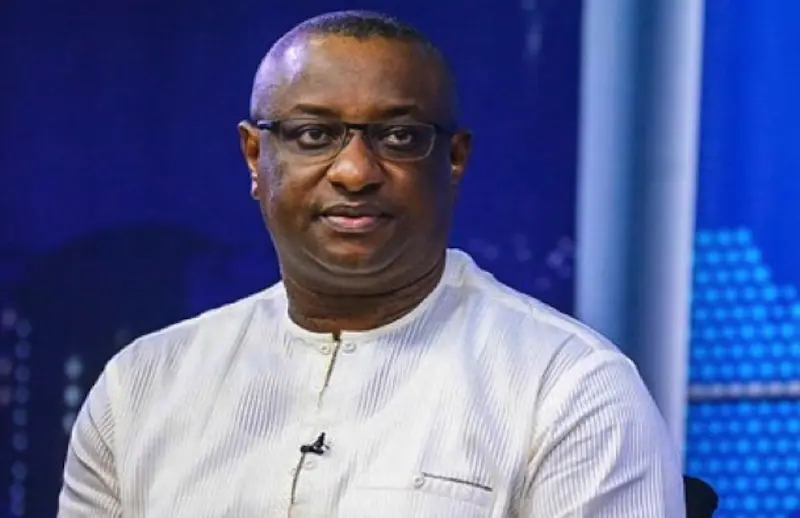Nigeria’s Minister of Aviation and Aerospace Development, Festus Keyamo, has accused the opposition African Democratic Congress (ADC) of employing fraudulent tactics reminiscent of “419” scams to mislead citizens ahead of the 2027 general elections. The term “419” refers to advance-fee fraud schemes, named after the section of Nigeria’s penal code addressing fraud, and has historically been associated with financial crimes in the country. Keyamo stressed that such strategies, which he described as outdated and ineffective, would fail to sway voters.
Speaking during an appearance on Channels Television’s Sunday Politics, Keyamo—a former prosecutor for Nigeria’s Economic and Financial Crimes Commission (EFCC)—drew parallels between the ADC’s alleged tactics and methods he once prosecuted. “They know us well, and we know them well. They are not strangers to us,” he said, emphasizing familiarity between political opponents. “The format they are using is expired. Nigerians know that format already. So you cannot use it to deceive them.”
Keyamo criticized the ADC for relying on what he termed “isolated incidents” and selective statistics to craft sweeping narratives. He argued that these approaches, common in past electoral cycles, lack the novelty required to resonate with an increasingly discerning electorate. His comments come amid heightened political activity in Nigeria, where parties are beginning to position themselves for the next presidential race. The ADC, a minor opposition party, has yet to respond publicly to the allegations.
As a prominent figure in President Bola Tinubu’s administration, Keyamo’s remarks underscore rising tensions between Nigeria’s ruling All Progressives Congress (APC) and emerging challengers. The minister’s background as an anti-graft prosecutor lends rhetorical weight to his claims, though specifics about the ADC’s alleged misconduct remain unspecified. Analysts note that accusations of dishonesty between rival parties are not uncommon in Nigeria’s often-combative political landscape, particularly as elections approach.
The 2027 polls, still three years away, are already shaping discourse, with parties jockeying to frame narratives around credibility and governance. Keyamo’s critique reflects broader concerns about misinformation and the ethical standards of political campaigning in Africa’s most populous democracy. How voters perceive these exchanges—and whether accusations like Keyamo’s gain traction—could influence public sentiment in a nation where trust in political institutions remains fragile.
